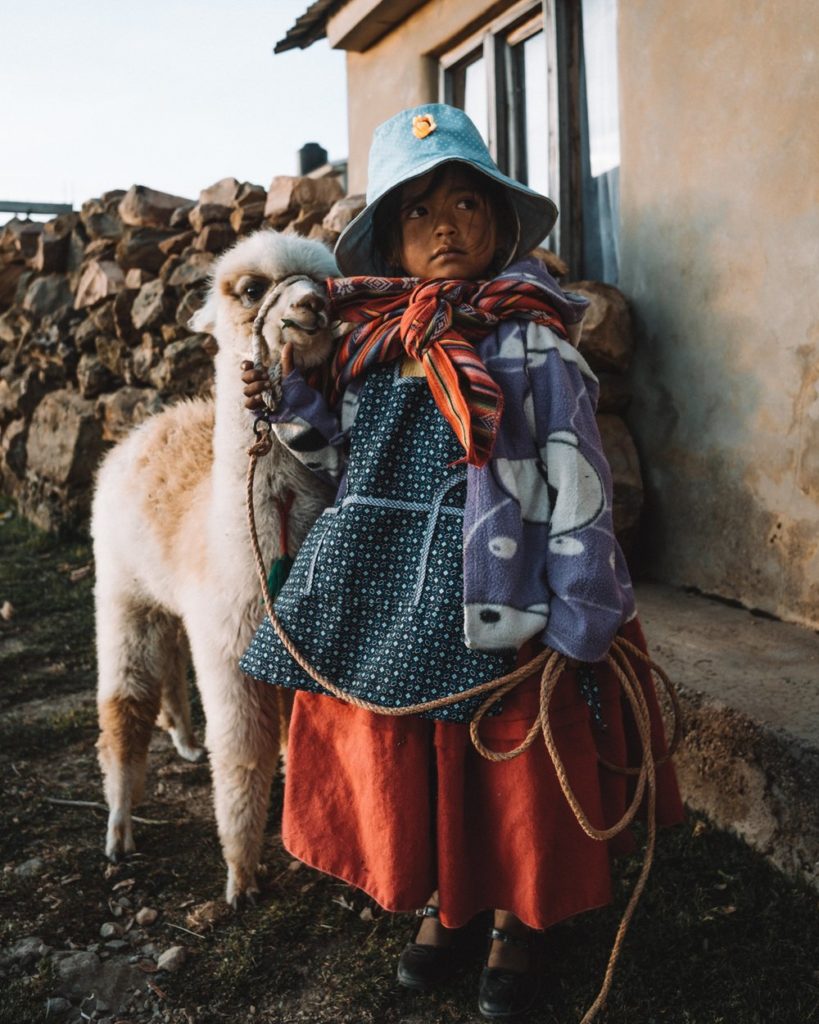On 12 April 2022, over 230 young people, governments, businesses, civil society organizations, human rights institutions, UN agencies and other stakeholders, came together for an event making the case for Member States to urgently support the recognition of the human right to a clean, healthy and sustainable environment during the 76th session of the UN General Assembly.
A key moment during the event was the powerful statement made by Environmental Law Student Samia Shell from the United States on the significant implications for the recognition of a right to a healthy environment on people worldwide, particularly those from marginalized communities. Please read the full statement below.
This call contributed to an announcement by the governments of Costa Rica, Maldives, Morocco, Slovenia and Switzerland to begin the process towards recognizing the right to a healthy environment in the UN General Assembly. The UN General Assembly’s recognition of this right, which has already been recognized in the UN Human Rights Council, is significant, as it will further strengthen accountability among governments to implement this right worldwide and help direct all UN Agencies to support the protection of this right.
“UN recognition of the right to a clean, healthy, and sustainable environment: past developments and future prospects”
Remarks by Samia Shell
Good morning,
I would like to start by acknowledging that the land on which we gather is Lenapehoking, the homeland of the Lenape People, and by thanking each of you all for joining us here today. As Member States, environmental human rights defenders, experts, NGOs, and UN Agencies, your presence reflects the consensus for and interest in recognition of the human right to a healthy environment. April being Earth Month, and with Earth Day quickly approaching, naturally we can appreciate this opportunity to convene and discuss the right to a healthy environment.
I live here in New York City: we had 3 heatwaves in 2021, and that summer was above the yearly average for days over 90 degrees Fahrenheit or 32 degrees Celsius. Over the past decade, Black New Yorkers have been found to be twice as likely to die from severe heat than other groups. On a national level, the EPA released a report in 2021 on the risks of climate change for Black Americans. Among other things, it found that:
-
With 2C of warming, Black people are 40% more likely than non-Black people to currently live in areas with the highest projected increases in extreme temperature related deaths,
-
Black children are 34% more likely than non-Black children to currently live in areas with the highest projected increases in childhood asthma diagnoses under 2C of warming
-
Black people are 41% more likely than non-Black people with 2C of warming to currently live in areas with the highest projected premature deaths for those 65 and older due to air pollution.
The convergence of racial and social inequalities with the disproportionate burdens of the climate emergency here in the U.S. is just one example of the global ramifications of a failure to protect the environmental rights of our human family. The reality we currently experience has been shaped by many forces; some of the worst being the violence and destruction of war, colonialism and its resulting generational trauma, unfettered extractivism, and economic systems hardwired to focus on GDP. Each of these ailments has engendered a detrimental disregard for environmental health, and a resulting indifference to human health and wellbeing.
This is why I believe there is something fundamentally affirming to the self by declaring that we have a human right to a healthy environment. The right to a healthy environment is that right upon which all others rest. Human dignity, the ability to live freely, to live healthily and with adequate sanitation, to support oneself, to self-determination, to bring children into the world, to be free of discrimination, and the list goes on. It is the unspoken assumption that underlies the concepts of environmental justice and climate justice for vulnerable and disenfranchised communities. It is vocalization of this assumption, by universal recognition of the right to a healthy environment, that can help effectuate remedies and reparations for past and current wrongs, and that can foster a more just and equitable society for us all.
I envision recognition of the right to a healthy environment to more deeply entrench the existing human rights of all people, to improve available legal remedies, and to spur appropriate governance mechanisms and unparalleled international cooperation, in good faith, to address the interlinked challenges we face today.
As to existing rights, a resolution acknowledging the right to a healthy environment will protect the poorest of the poorest, who presently face and continue to face acute food and water insecurity, frighteningly so under worsening climate conditions as expressed in the latest IPCC report. For Indigenous peoples, recognition of this right at the General Assembly would represent first and foremost a commitment to eradicating the cruelty and violence that Indigenous land and water defenders have suffered and continue to endure while putting their lives on the line to save our planet. Recognition would also demonstrate the commitment of Member States to protect the rights of Indigenous peoples, including the ability to pass on their cultural and linguistic inheritances, to preserve their place-based relationships with the land and other relatives, and to enjoy traditional diets. For children and youth, especially for those in the Global South and marginalized in the Global North, the right to a healthy environment would protect our ability to benefit from and enjoy an environment conducive to living, learning, playing, and pursuing dreams and ambitions. It would also relieve many youth of a sense of doom and climate anxiety, and allow them to grow and develop more healthily and without threat of future conflicts due to the impacts of climate change. For women, girls, and gender non-conforming people, recognition of the right to a healthy environment can disrupt power imbalances that place them in subordinate conditions, often subjected to inadequate natural resources and violence, and therefore lesser social mobility and access to information.
As to legal remedies, the right to a healthy environment would effectuate the rights of individuals to have access to procedural justice for any violations, like purposeful or systematic exclusion from of access to environmental benefits and services and unfair exposure to environmental harms like pollution, or flooding. It would also provide avenues for individuals and communities to assert that their relationships with ecosystems are to be recognized. Plus, it would support the right to participation of concerned groups in decision-making processes affecting their environments.
And finally, as to international cooperation, recognition of the right to a healthy environment would signify that climate action can be streamlined and multilaterally reinforced to achieve a net-zero emissions and ultimately climate positive reality, guided by the Paris agreement. With a consensus for maintaining a healthy climate, governments, businesses, civil society, academics, and communities, can work together to halt this crisis to the very best of our abilities. This will further justify robust provisions for mitigation, adaptation, climate finance, technical support, and redress for loss and damage, especially for States already facing devastating impacts of the climate emergency. And, this would cause a galvanizing force for ongoing Indigenous land stewardship initiatives and conservation efforts to address biodiversity loss across our lands and oceans.
Looking to the future of development on Earth, recognition of the right to a healthy environment will elevate the achievement of the Sustainable Development Goals and other Conventions, lay out a strong foundation for a just transition into renewable energy economies, and support a just transition from the COVID-19 pandemic. This right will ensure that the improvement of material conditions, industry, and innovation work hand in hand, in a way that protects the rights of people today, while guaranteeing the rights of generations to come. The right to a healthy environment denotes a need for regenerative care for the Earth, and thereby secures the prosperity and resilience of individuals, society, and all other living things.
Recognition of the right to a healthy environment at the General Assembly would also hail the beginning of a new era for humankind on Earth. It would represent the ushering in of a world in which science, Indigenous knowledge, cooperation, innovation, reciprocity, faith, and justice are the foundation of our status quo. Recognizing the human right to a healthy environment would mean that we will no longer silo environmental issues, from climate issues, or gender issues, or income inequality issues, or disability issues, but instead that we will view our challenges from a systems lens.
The Human Rights Council Resolution has shown the global momentum that brings us here today. We have the tools and the knowledge to assure that each and every person is entitled to living in a clean, healthy, and sustainable environment, free of toxic wastes, and free of inequitable exclusion from natural resources and ecosystem services. We have an overwhelming awareness that our opportunity to secure a healthy and safe climate and to cease the cascade of irreversible impacts on our fragile systems is temporary. We have a duty to heed the calls of children, youth, Indigenous peoples, and women. We have the unique and fleeting opportunity to cultivate a different and better state of being for humankind and this planet for eons to come. Let us not waste this moment, lest it be too late.
Thank you.







